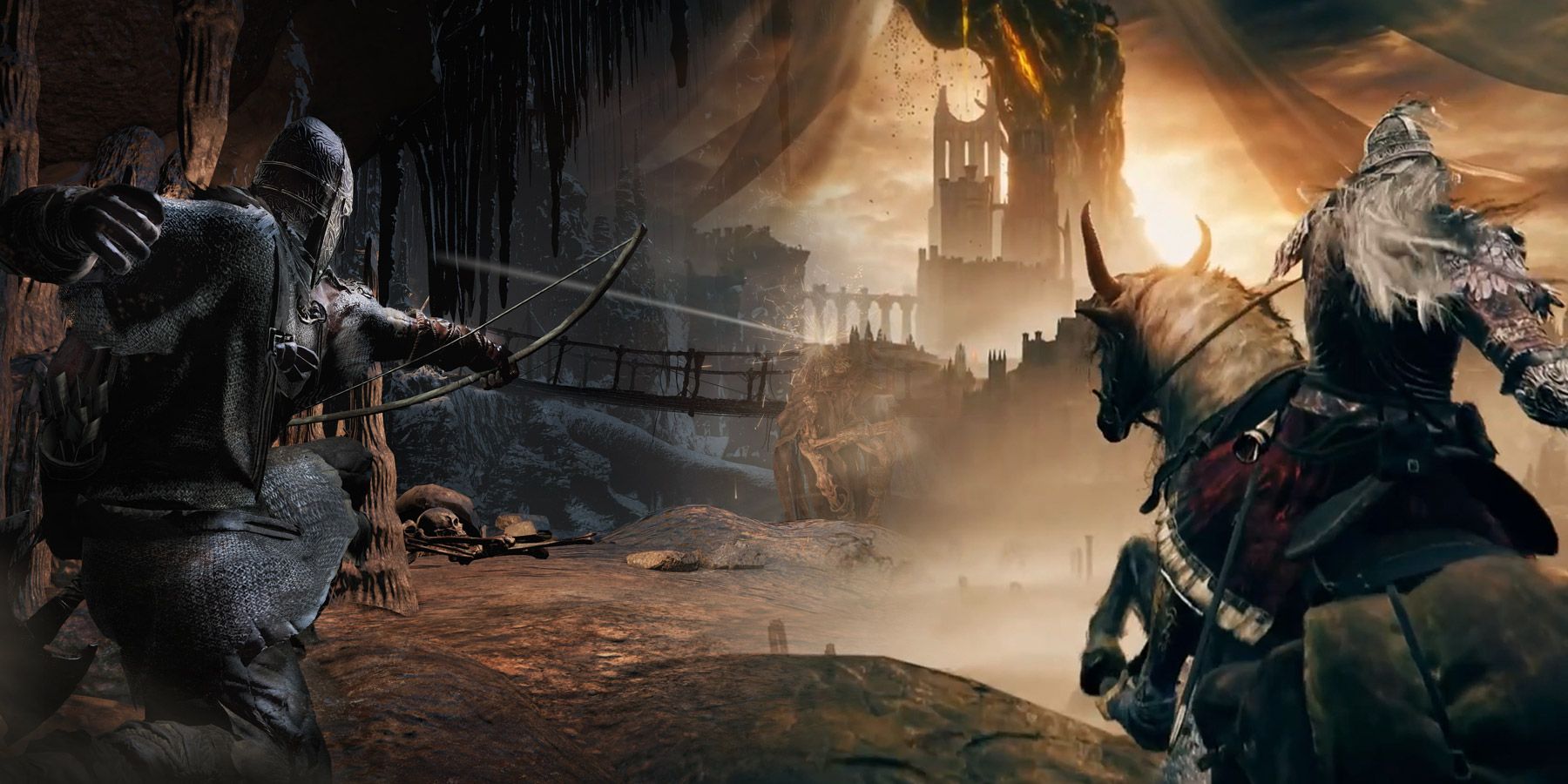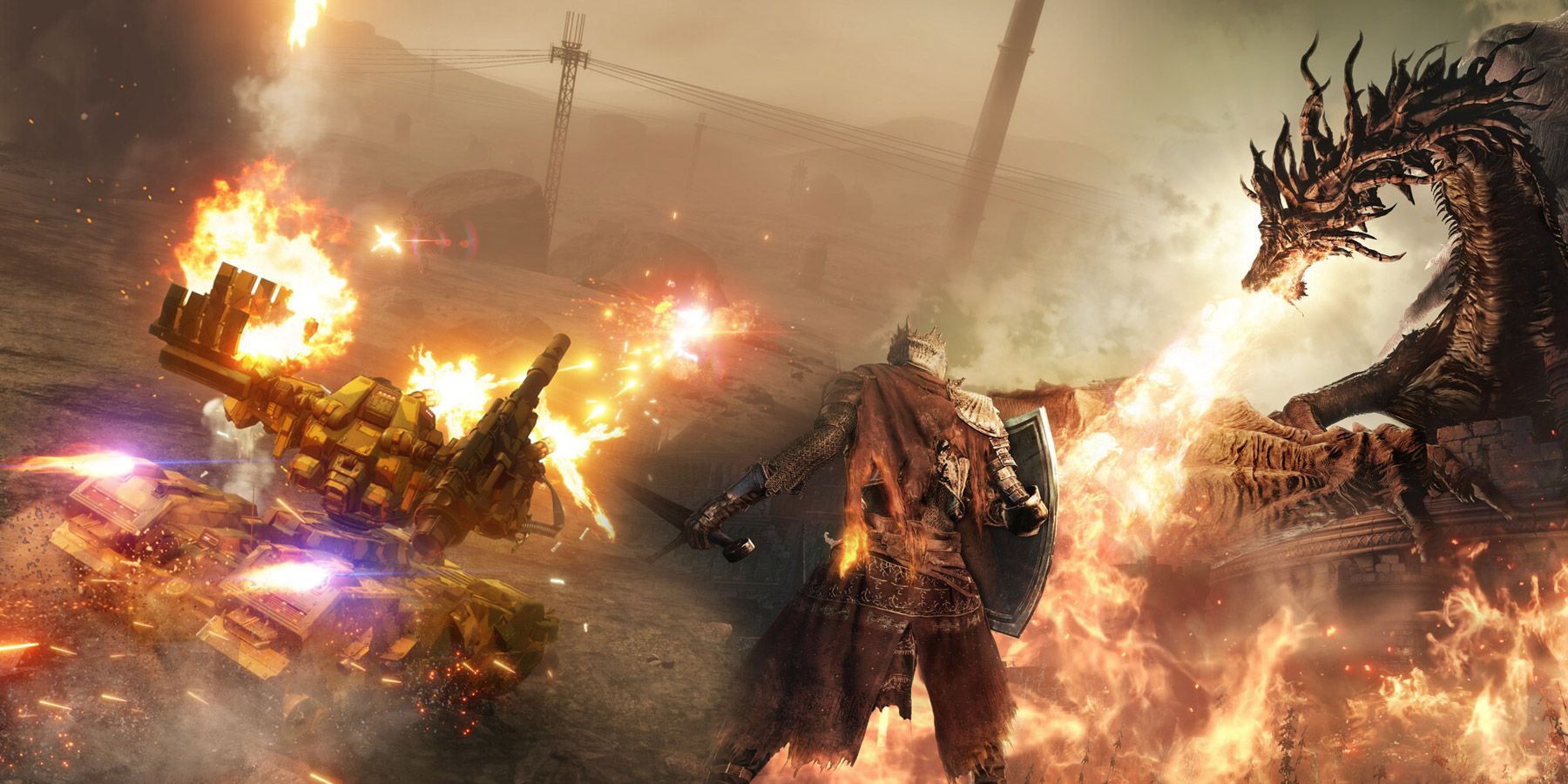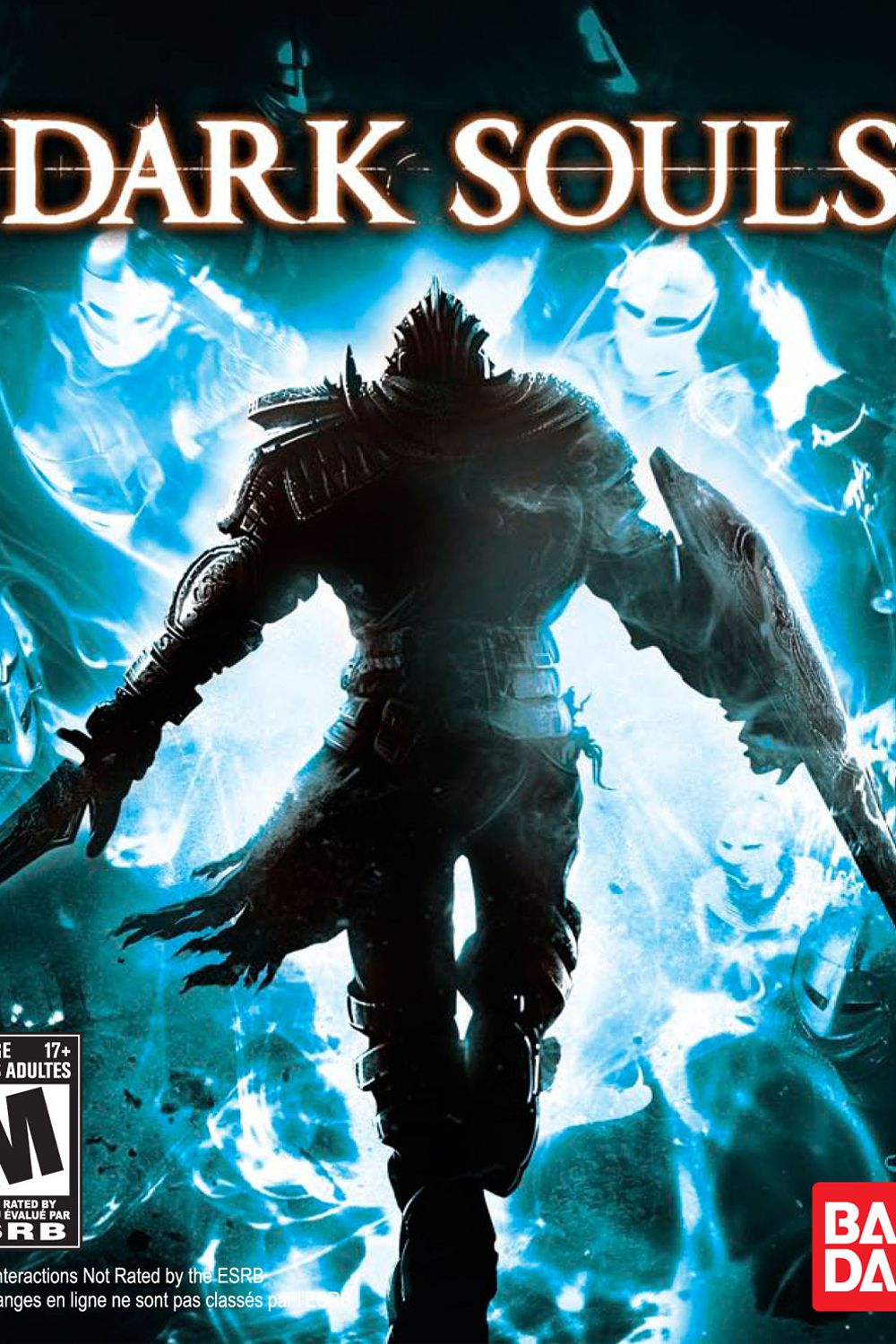Highlights
- FromSoftware's "Soulslike" genre, known for demanding combat and intricate storytelling, has become a defining feature of the studio's titles.
- The lack of direct sequels for games like Bloodborne and Sekiro showcases FromSoftware's commitment to creative freedom and fresh ideas.
- Armored Core and Dark Souls received sequels due to a combination of creative drive and financial incentives from publishers like Sony and Bandai Namco.
Although FromSoftware broke into the mainstream with the help of Dark Souls, and arguably Armored Core before it, these two franchises are noticeably different from the rest of the studio's output. Looking at this key difference may help shed light on how FromSoftware handles its IP differently from other major game developers, and how a game like Dark Souls has impacted the studio's approach to game design and franchise-building.
FromSoftware is famous for its design consistency across multiple titles, specifically in the company's post-Demon's Souls, Miyazaki-led era. Since the release of Demon's Souls, FromSoftware has mostly been known as the parent of the "Soulslike" genre: action-RPGs that feature methodical, high-commitment third-person melee combat, brutal difficulty, and vague, abstract, non-linear storytelling. This "Souls" moniker has become so ubiquitous that it has been tacked on to FromSoftware's other, non-Souls titles, such as Bloodborne, Sekiro: Shadows Die Twice, and Elden Ring. It's a bit ironic, though, since FromSoftware now has more one-off titles than multi-release franchises, with Dark Souls and Armored Core being the only properties that have received direct sequels in the past three console generations.
Neither Dark Souls nor Armored Core was the first major franchise from FromSoftware–—that honor goes to the long-dormant RPG series King's Field , which many view as a precursor to the Souls series.

Elden Ring Should Revive A Hidden Progression System From Dark Souls 3
One secret Dark Souls 3 feature provides a great example of how Elden Ring could provide a satisfying conclusion to an existing feature.
Armored Core and Dark Souls Are FromSoftware's Only Proper Series
As the years go by, it seems less and less likely that a game like Bloodborne will ever get a sequel. This is bittersweet in many ways, as while countless fans would no doubt welcome Bloodborne 2 with open arms, it's good for FromSoftware to retain its creative freedom and focus on fresh ideas, and not every game needs a sequel. The same can be said for Sekiro and Elden Ring sequels which, at the time of writing, have not been confirmed.
This is something of a rarity in the AAA gaming space. Generally, if a game is as successful as something like Bloodborne or Sekiro, a sequel is all but guaranteed. But FromSoftware never guarantees direct follow-ups to its biggest releases and, although an Elden Ring sequel seems more probable than a Bloodborne or Sekiro one, it wouldn't be surprising if Elden Ring 2 never gets released.
Why Dark Souls and Armored Core Received Sequels
1997's Armored Core was an early hit for FromSoftware, appealing to an already substantial community of mech fans with its thematically appropriate story, fast-paced combat, and ahead-of-its-time customization. Evidently, the studio felt that there was room for the series to grow both in terms of design and commercial success and the influence of larger companies like Sony, who published the games, undoubtedly encouraged Armored Core's long run of releases. The fact that Armored Core 6: Fires of Rubicon was released ten years after the series' last installment, and without a significant financial need to revive the franchise—FromSoftware was already exponentially growing without modern Armored Core—suggests that there was also a strong creative drive to keep Armored Core alive.
Dark Souls' sustained release pattern was likely due to a similar combination of creative and financial forces. After Demon's Souls became something of a cult classic on the PS3, Bandai Namco offered to publish a similar game on multiple platforms. FromSoftware jumped at this opportunity, and Dark Souls was born.
Dark Souls may have become a series not only because its lore and premise allow for multiple entries, but also because it was such an unexpected success and the involved parties wanted to capitalize on it as much as possible. This tracks, since now that FromSoftware is more of a diversified, prestigious brand in and of itself, releasing games with an unmistakable and iconic style, Dark Souls has slowed down, living on primarily through inheritors like Elden Ring.




